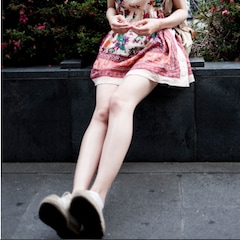All About Bento in Japanese Culture
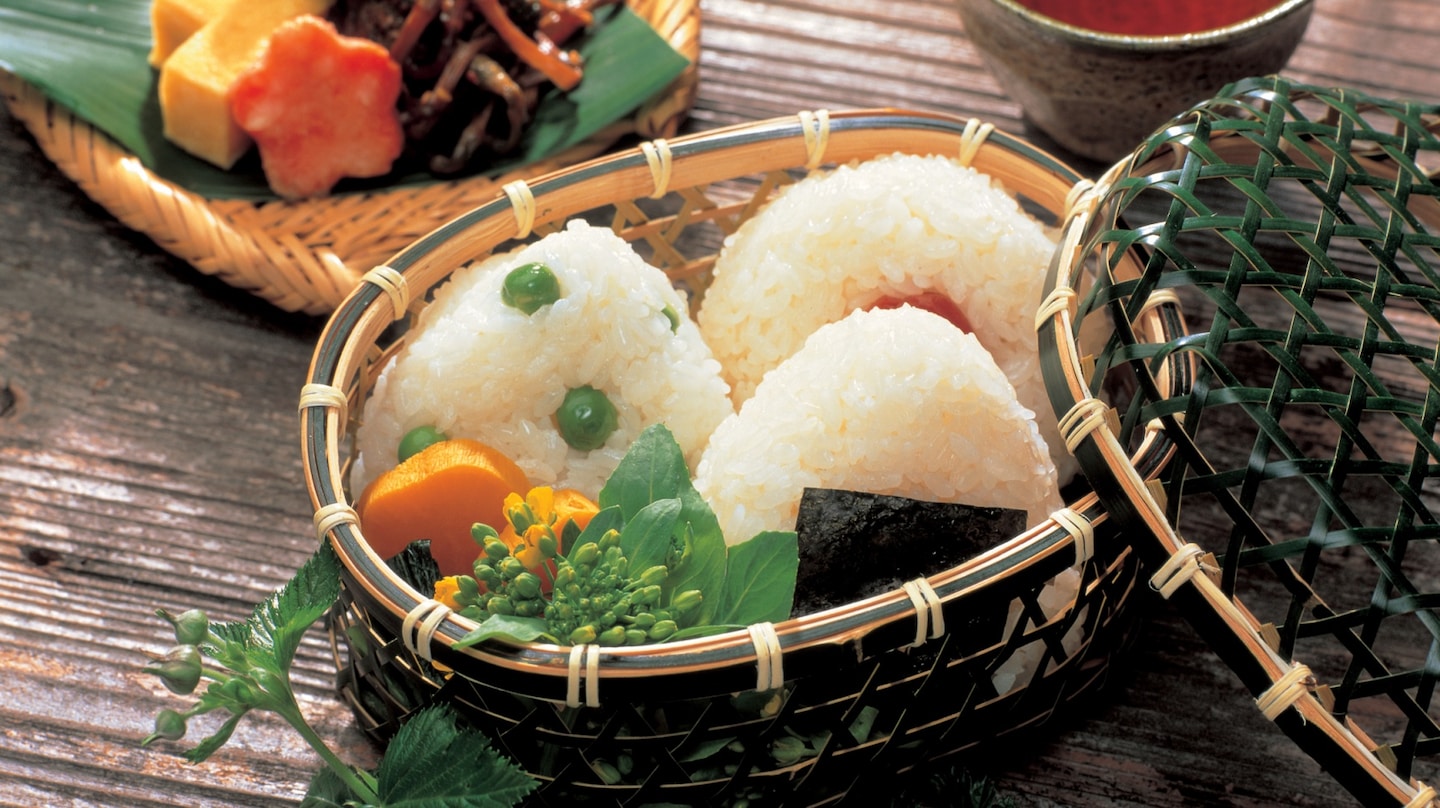
The bento box comes in all shapes and sizes suitable for any occasion. There’s even an entire aisle for bento boxes and related goods at the grocery store. If you’re on a budget, try the 100-yen store and sort out your bento needs there.
By Maya Malloy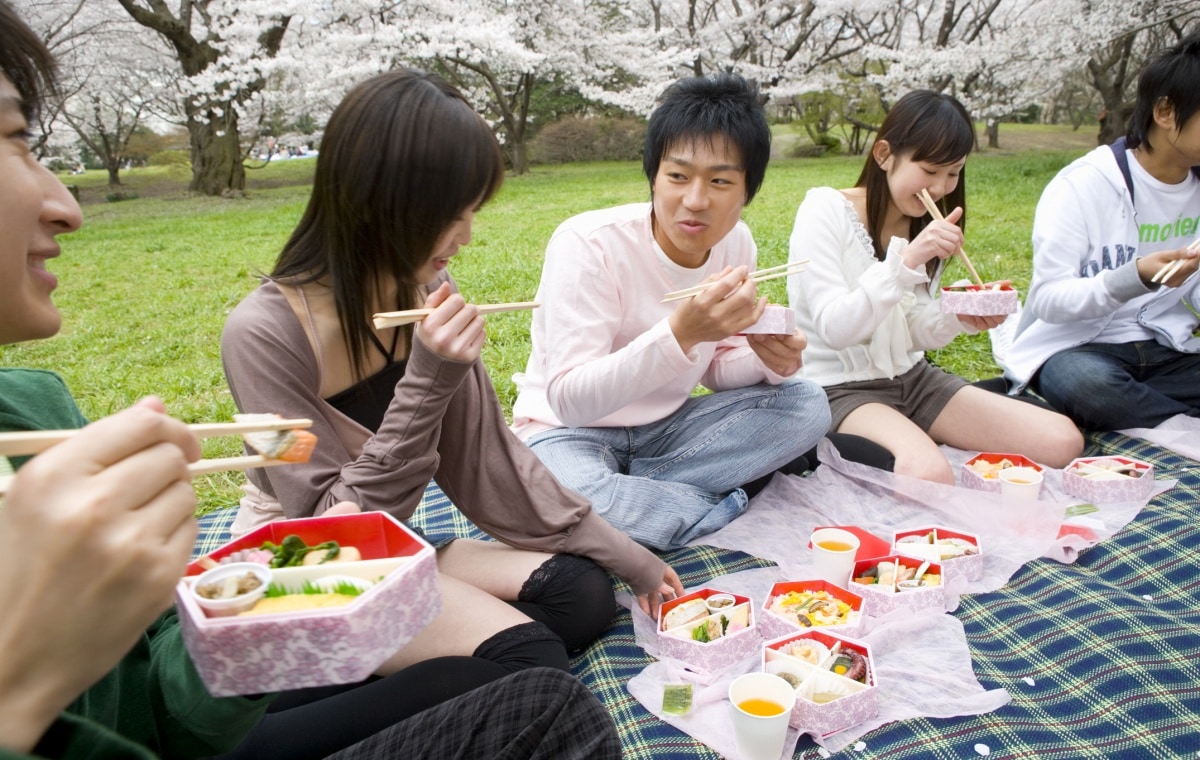
In Japanese, bento refers to a packed lunch, to which you can add bako, meaning box, to literally translate into “lunch-in-a-box.” Simple, easy, and not to mention creatively delicious, the bento has been reformed time and again to create entirely new ways of eating. Whether eaten alone or with friends and loved ones, the bento box informs an unseen cultural thread through daily life in Japan.
A typical, “standard” bento holds rice complemented with a dried and pickled plum (umeboshi), a main dish of either meat or fish, and a small selection of vegetables. Of course, these are all optional, and the reality is that your typical bento could look entirely different from your friend’s or co-worker’s.
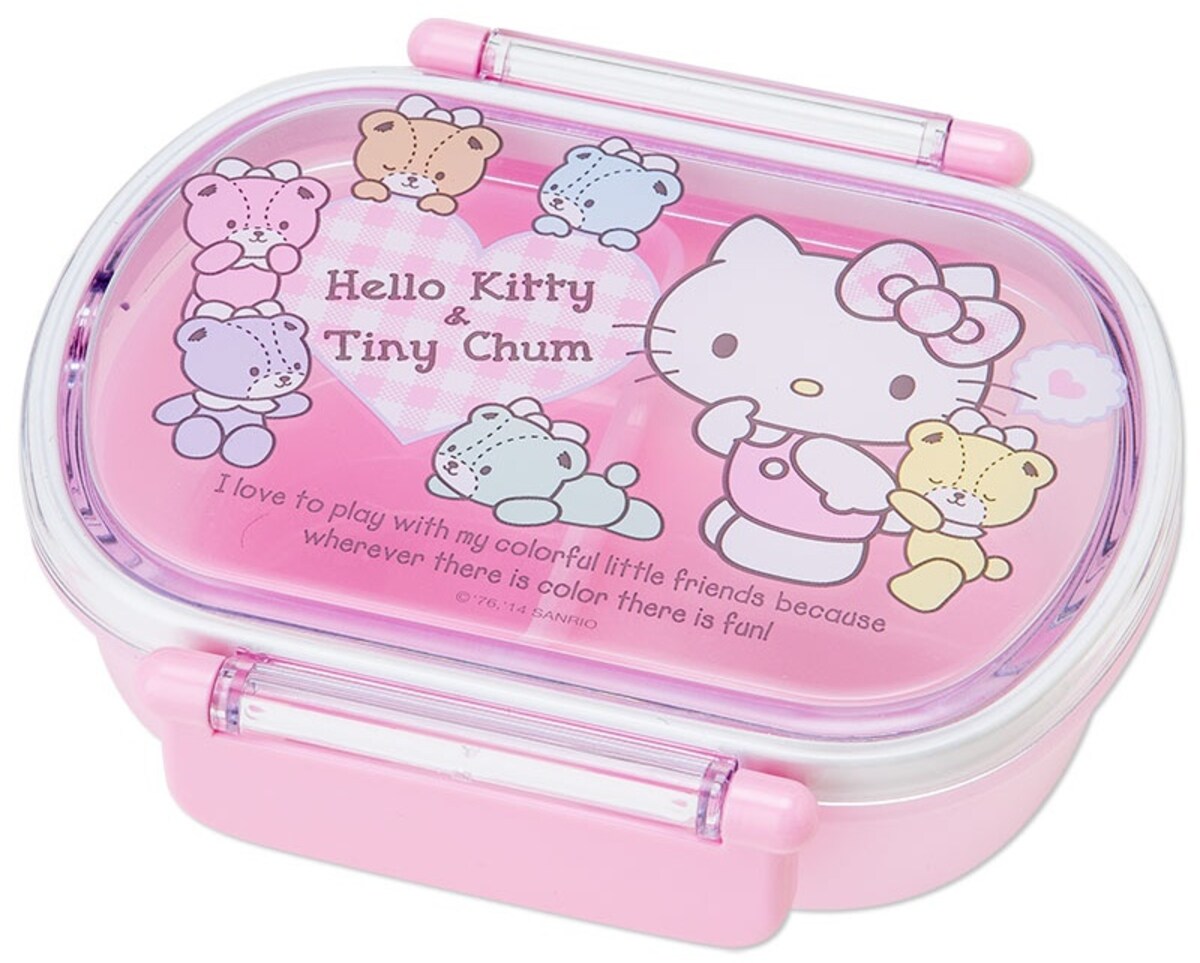
http://www.japaninabox.jp/shop/hello-kitty-x-tiny-chum-bento-lunch-case-lunchbox-tiffin-box-dx-sanrio-japan/
While children generally receive school lunches up to the end of junior high (with the exception of much-anticipated “bento days” and school trips), bento culture really kicks in for the three years of high school education in Japan. During lunch, everyone takes out his or her own personalized lunch box, with some kids having minimalistic boxes or Hello Kitty designs with matching chopsticks.
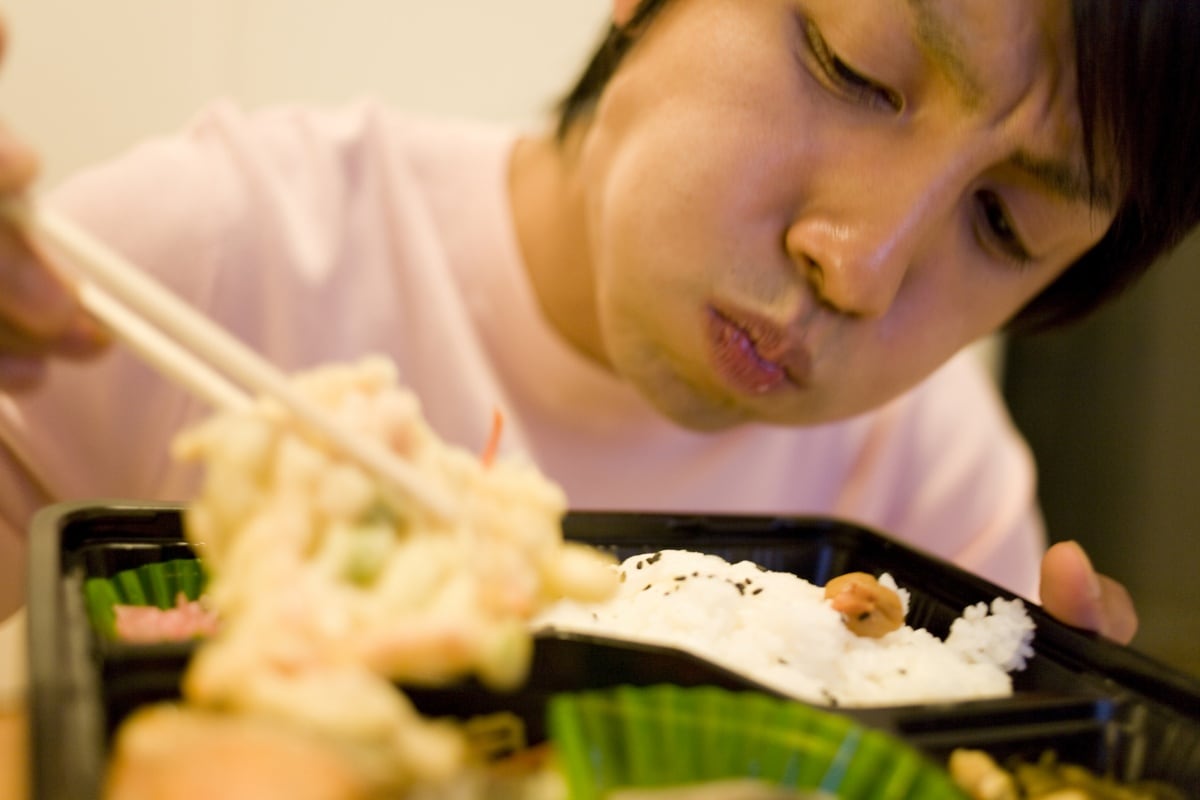
From university, the bento box gradually disappears from sight as students are now expected to either make their own lunches. The opposite of the “freshmen 15” first-year weight gain begins as students struggle to start packing bento without their mothers. More students resorts to the ready made meals at the university cafeteria or one-coin (¥500) lunches provided at grocery and convenience stores. Students will also be found buying their bento from cheap bento specialty stores with a wide range of Japanese to Western-style lunches.

Once students graduate with their diplomas and begin work as entry level employees, the lifestyle continues as work affords less and less time to prepare and cook elaborate packed lunches. Cooking skills become more evident by examining those who carry their own bento versus people who buy ready made lunch boxes—though it could also just mean someone is in a relationship with a good bento-maker, as bento can also form a key feature of Japanese dating culture.
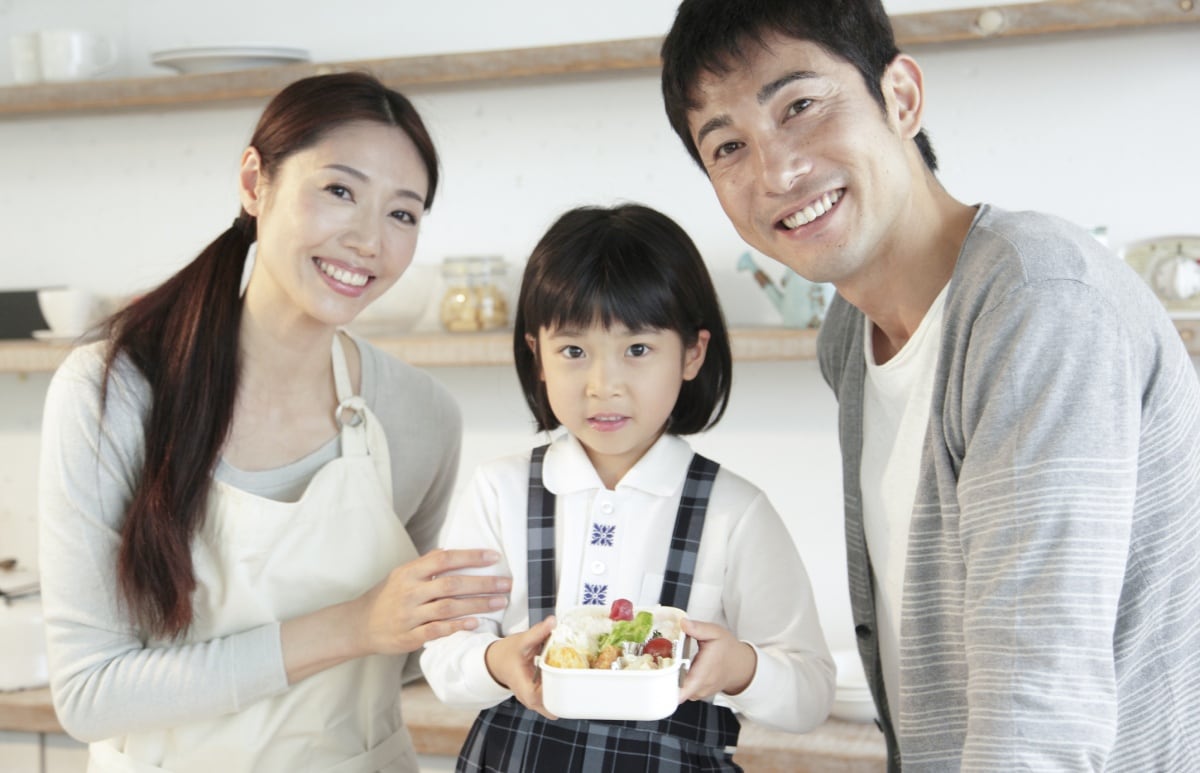
As you mature in your bento skills, there are plenty of books and online sites providing new ideas of how to decorate and cook food for a uniquely individual bento box. And eventually, where once you received bento from a family member, then scrambled to make your own every morning, you become the one to prepare them for your own children, and the tradition is passed on to the next generation.


